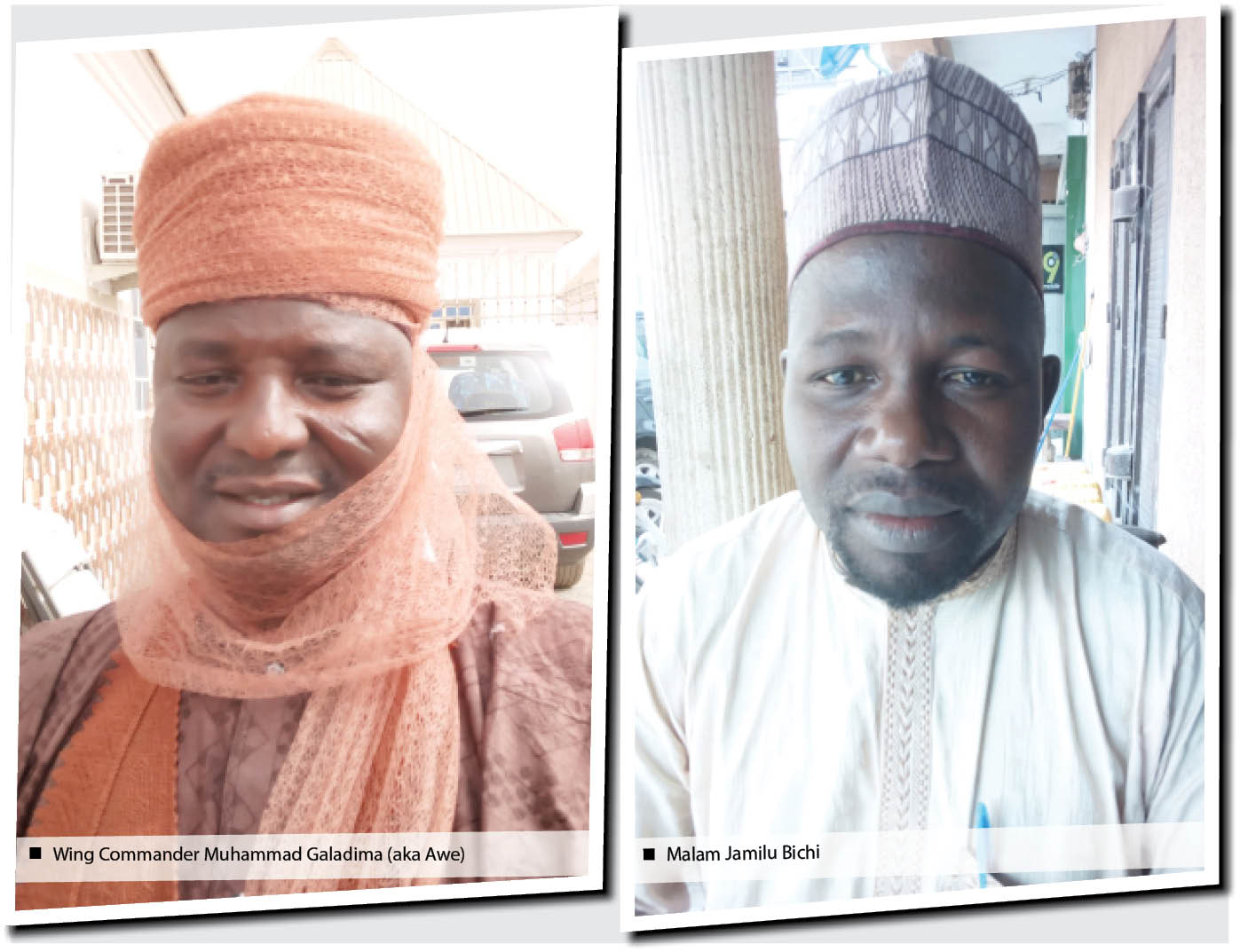How Nasarawa is managing ethnic diversity
Nasarawa State is home to diverse ethnic groups, and that has often caused tensions which snowballed into communal crises. However, the people are now determined to manage their diversity in a way that unity and peace will reign. The ethnic groups in the state are Hausa, Fulani, Mada, Alago, Kanuri, Tiv, Nupe, Gwandara, Koro, Gbagyi, […]

Nasarawa State is home to diverse ethnic groups, and that has often caused tensions which snowballed into communal crises. However, the people are now determined to manage their diversity in a way that unity and peace will reign.
The ethnic groups in the state are Hausa, Fulani, Mada, Alago, Kanuri, Tiv, Nupe, Gwandara, Koro, Gbagyi, Angas, Jukun, among others.
Malam Hassan Usman, a Nupe, who holds the title of Limam Kwatan Loko, told our reporter that in Loko town of Nasarawa Local Government Area, “There are many ethnic groups that have lived together for over a century. The Hausa founded the town, but there are Nupe, Kanuri and Agatu who are the majority, and there are Tiv and Fulani, among several others, but we live in peace because we are mostly farmers and fishermen, although there are many others who are traders and artisans.
Similarly, Muhammad Said Adamu, who holds the title of Ubangarin Awe, said, “Awe was founded 300 years ago by the Hausa. The town now prides itself of other ethnic groups like Tiv, Jukun, Angas, Alago, Fulani, among, others.”
Adamu said most of the people were farmers, fishermen, miners and those that dealt in the “everlasting trade” of salt.
He said they were always happy when visitors or tourists came to town and “we tell them and show them around the emir’s palace, the town and villages, the salt mining site and some other things of interest.
Wing Commander Muhammad Galadima aka Awe (Rtd.) who holds the title of Dan Masanin Awe, said, “When I joined the Nigerian Air Force (NAF), I left the town and was transferred from one city to the other until I retired. I came back home and I’m contributing my quota in the development of the community.”
Wg. Cdr. Galadima said he was proud of the tolerance and unity of the people of not only Awe, but of Nasarawa State, as many people from all over the country had made the state their second home, and, therefore, enjoined them to continue to live in peace for unity and progress of the country.
Miss Blessing aka Angasawa is from the Angas ethnic group who are majorly in Plateau State and lives in Awe.
She said she felt at home in Nasarawa State as she had never been discriminated against.
A princess of the Awe ruling house, Gimbiya Mama, who has a restaurant opposite the palace, said, “I am a princess, I am Hausa, my mother is Jukun, that is why my maternal grandmother made Jukun tribal marks on my face, but I am happy as the inhabitants of the town are living in peace.”
Gimbiya Mama said peace and tranquility was one of the basis why many towns and cities flourished, and that it should be cherished.
However, one of the local government areas of the state that is booming with many people is Karu, as it shares boundary with the nation’s capital, Abuja. It is referred to as the melting pot of the state as many ethnic groups of the country and beyond reside there.
The population of Karu is large and is still increasing, with many financial and academic institutions springing up.
A civil servant, Yusuf Muhammad, who lives in Masaka, Karu, said the road from AYA in Abuja to Masaka was always alive with motorists, especially commercial ones, who conveyed people on different shifts to and from Abuja.
Muhammad said many people came to stay in the state because it was peaceful, had space for middle and low income earners and that demolition was minimal.
A businessman, Malam Jamilu Bichi, said, “I came to Lafia when I heard that the name means ‘peace’.
Malam Bichi who said business was booming in the state, added that with the dualisation of the Keffi-Akwanga-Lafia-Makurdi road, the state would be opened to more visitors, tourists and businessmen.
